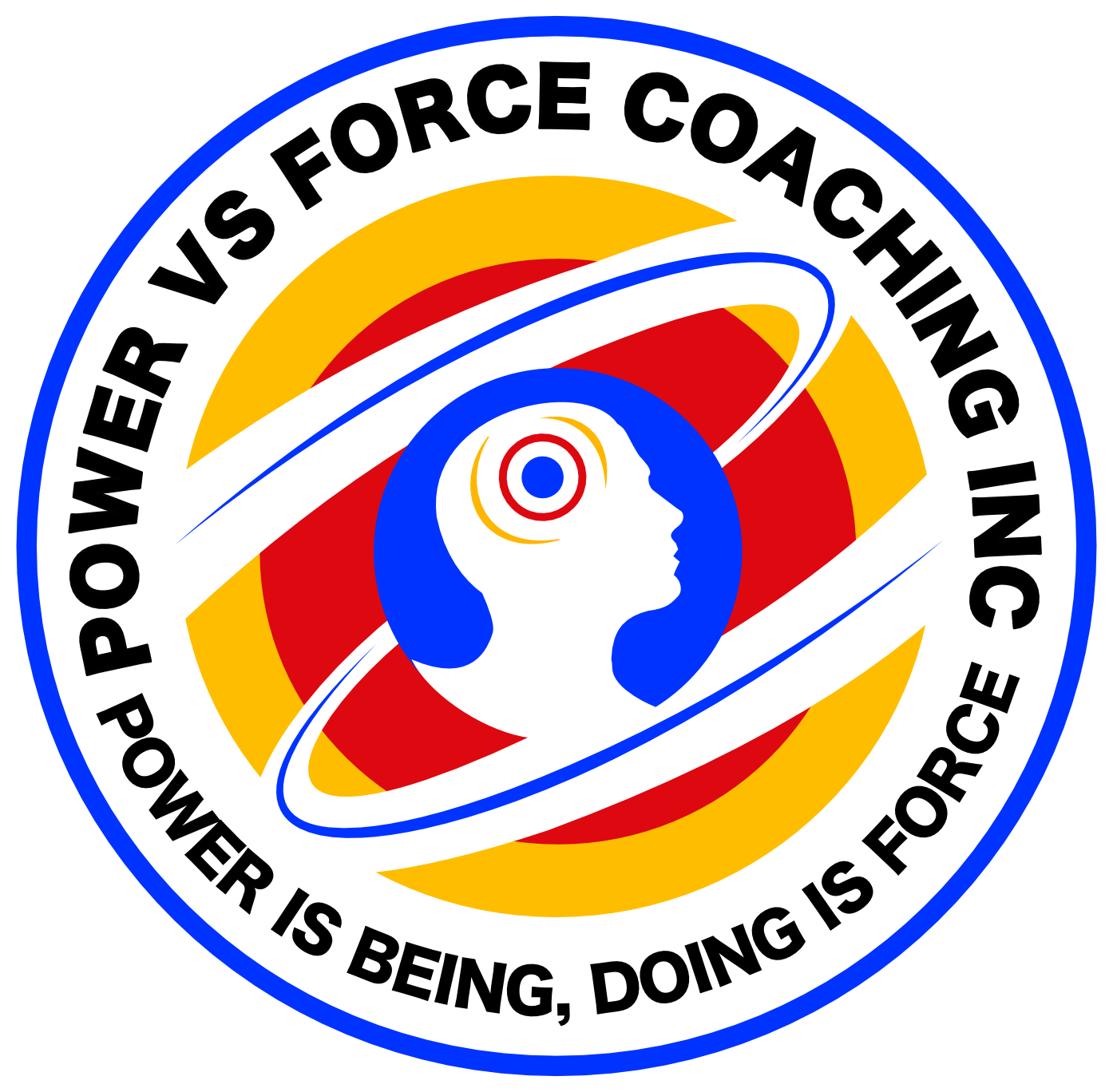Athletes frequently devote their entire lives to mastering their skill in the high-octane world of competitive sports. The pursuit of perfection may absorb every waking hour, from strenuous workout routines to rigid food regimes. But what if the key to improving athletic performance and passion is not found within the activity itself, but rather outside of it?
Enter COR.E Performance Dynamics and energy leadership principles. These frameworks, which are based on an understanding of the energetics of performance, provide a holistic perspective on athletic excellence—one that considers the entire individual, not just their athletic persona.
- Energy Balance and Rejuvenation: Athletes frequently strain their limits and operate at peak energy levels. However, like with a bow strung too taut for too long, this can lead to burnout. Having interests other than sports allows the mind and body to recharge. Energy diversification and balance provide long-term high performance. This energy balance restores players’ passion and vigour for the sport, causing them to fall in love all over again.
- Perspective and Gratitude: Athletes develop perspective by going outside of the sporting arena. They can see the bigger picture of life and how their activity fits into it. This can lead to genuine gratitude for the chances and experiences provided by their sport, enhancing their passion for it.
- Different experiences boost creativity: Innovation and creativity are not just important in the arts and music; they are also important in sports. Athletes promote creativity by immersing themselves in various activities and experiences. This inventiveness frequently manifests itself in novel strategies, approaches, and an evolving attitude to their sport.
- Developing Resilience and Mental Fortitude: Athletes are exposed to a variety of challenges and situations outside of sports. Overcoming these obstacles fosters resilience, which is an important characteristic for any athlete. Furthermore, participating in a variety of activities allows kids to adapt and survive in a variety of circumstances, which strengthens their mental game.
- Improving Social and Emotional Well-Being: Emotional well-being is influenced by
social interactions and connections. Athletes create a diverse social circle by having a life
outside of sports. This fosters emotional intelligence, empathy, and provides support systems
outside of their sporting community, all of which indirectly increase their passion for their
chosen sport. - Personal Identity and Wholeness: An individual is more than their physical ability. Athletes develop a varied personal identity by cultivating passions and pursuits outside of their sport. This sense of wholeness stops individuals from defining their worth purely on the basis of their athletic accomplishments, ensuring that their enthusiasm for the sport remains pure and unaffected by external demands.
To summarize, while intense training and dedication are necessary in the quest of athletic achievement, it is also critical to realize the value of a well-rounded life. Athletes that embrace experiences outside of their sport not only improve their performance but also revive their enthusiasm for the game. True brilliance is produced through this blend of passion and perspective.





